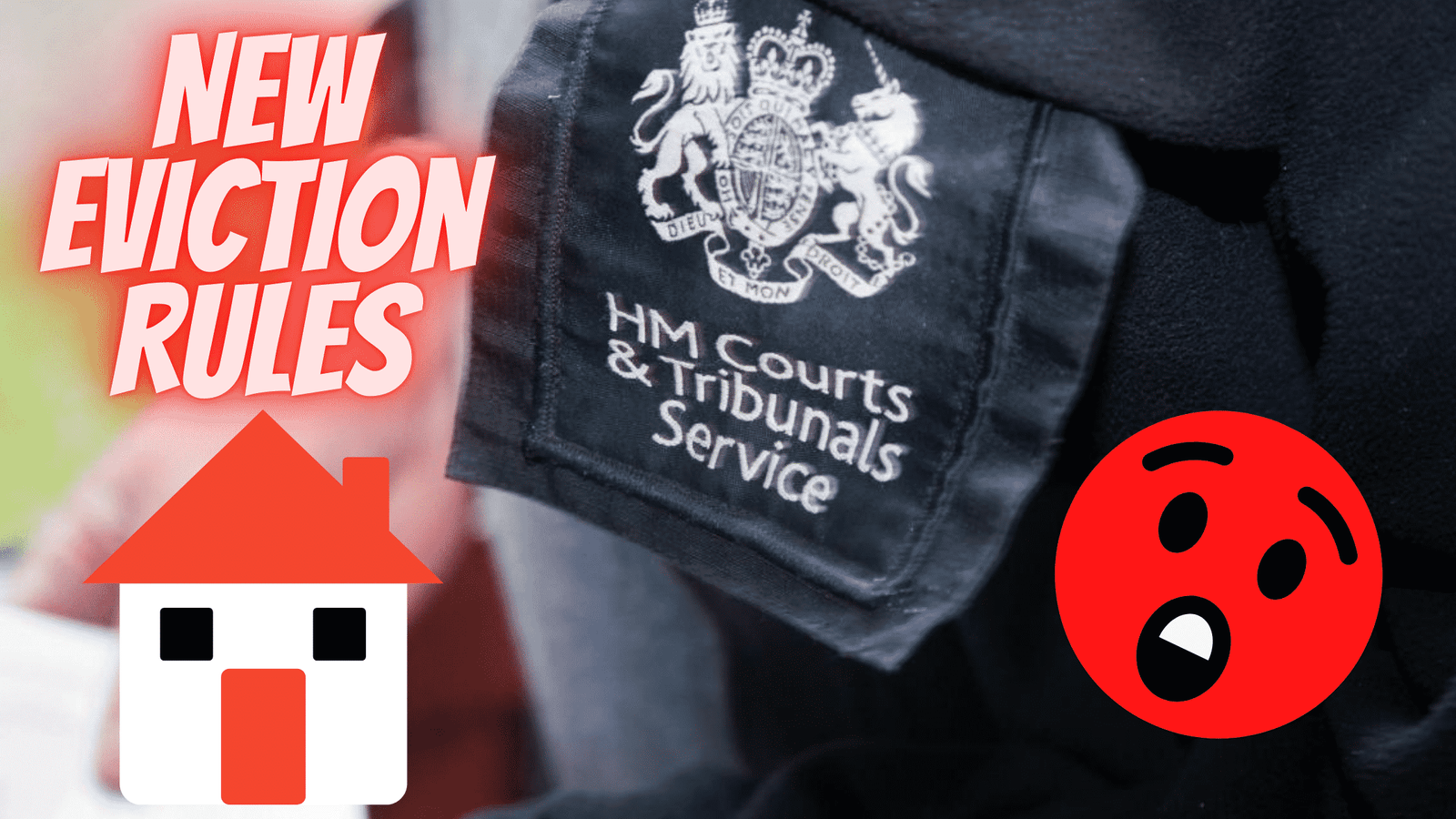As the ban on evictions comes to an end on the 23 August, new rules are to be implemented regarding repossession. These rules will place additional requirements on landlords who wish to evict tenants.
The rules will apply from 23 August 2020 until 28 March 2021.
We will go over some of the main changes that will impact you as a private landlord if you are seeking to evict tenants.
If You Have An Ongoing Eviction Case
If you have an ongoing case that has been stayed due to the temporary ban on evictions, you are likely to need to issue a “reactivation notice” to the court and the defendant. If you do not do this, the case will remain dormant.
This may not apply if the case was “brought on or after 3 August 2020 or in which a final order for possession has been made”.
Coronavirus Impact Statement
Where you are evicting someone for not paying their rent, you will now need to include a statement setting out any knowledge you have about “the impact of the coronavirus pandemic on the Defendant and their dependants”.
Updated Rent Account
The “reactivation notice” must contain an “updated rent account for the previous two years”. This means you will need to provide the rent history beforehand, rather than at court.
The Courts Don’t Have To Hear Your Case Within 8 Weeks
Normally the date from the issue of the claim form until a hearing should not be more than 8 weeks. However, this requirement has been lifted due to the expected backlog of cases.
High Court Eviction Notice Period
High Court bailiffs will now have to give notice to the tenant of an eviction in the same manner as County Court bailiffs already have to do. This comes in separately from the other provisions and is not a temporary measure.
Priority Cases
The purpose of the new rules is to limit the number of eviction cases coming before the courts. According to Compliance Officer for The Guild of Property Professionals, Paul Offley:
…the Government is eager to only have cases that are a priority go through the courts if possible. Priority cases have been defined as those that include anti-social behaviour, extreme rent arrears, domestic abuse, cases involving squatters, fraud or unlawful subletting….If a case does not fall into the category of being a priority, the Government is encouraging parties to use an independent third-party mediator to assist them in reaching a mutually acceptable agreement to resolve their dispute, rather than going to court.
New rules for possession proceedings
Further Reading
You can find full details about the changes on the Judiciary website: Civil Procedure (Amendment No. 4) (Coronavirus) Rules 2020 & the 123rd Practice Direction Update and Civil Procedure (Amendment No. 3) Rules 2020 & the 122nd Practice Direction Update.
Conclusion
It is likely to be more difficult to evict tenants even after the ban is lifted in August. The new rules coupled with extremely busy courts means bad news for landlords with tenant troubles. The courts are going to prioritise the worst cases and expect landlords to try to resolve issues with renters wherever possible.
If you are impacted by the new rules in anyway, you should speak to a legal professional immediately.
